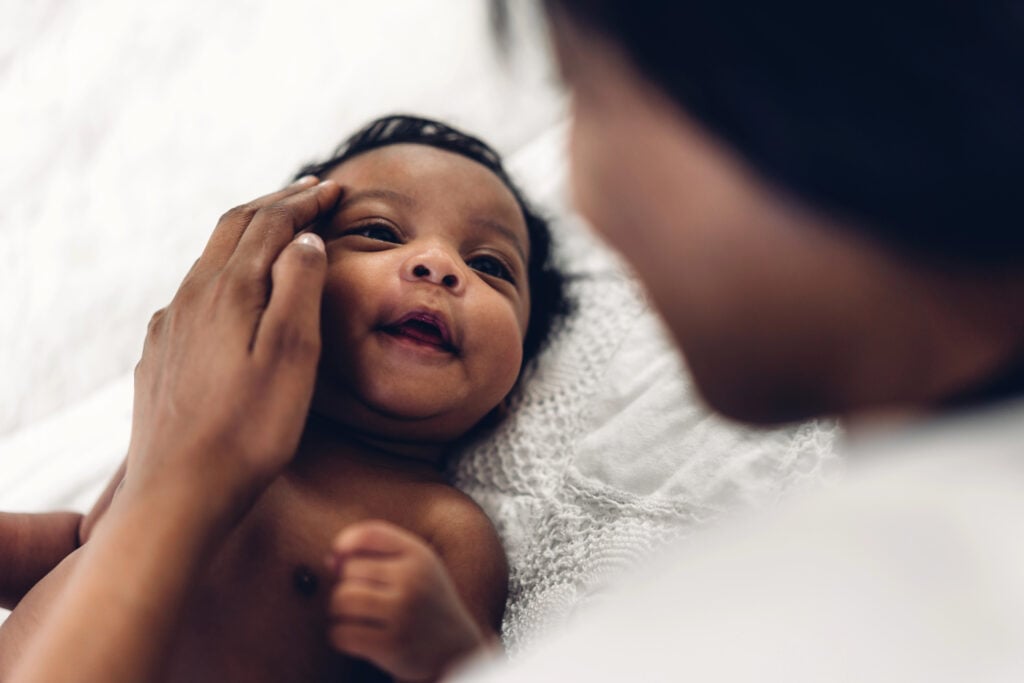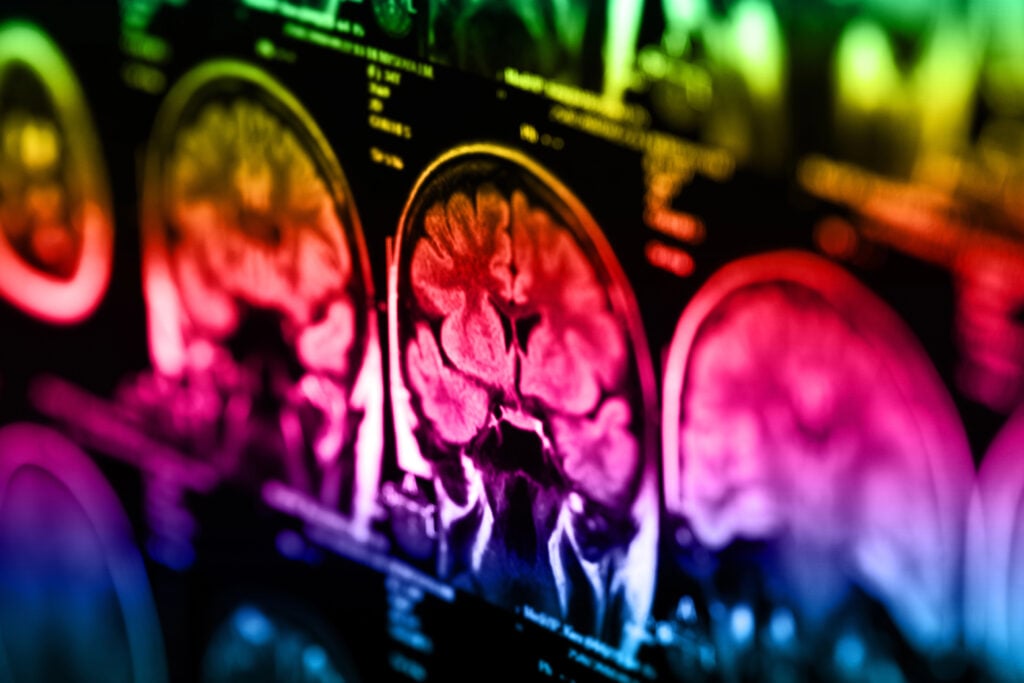
During pregnancy, one of the best things to do for a child in the womb is to talk to them. Be it talking about family, listening to music or simply telling them about the day, this helps connect parents and child before they are even born. Researchers in Montreal, Canada, have discovered an unexpected result of this chit-chatting: babies can recognize different languages much earlier than expected.
The study, published in Nature Communications Biology, found that fetuses can recognize different languages in the womb. This means that babies can not only identify their parents’ voices after birth, but also the language in which they are spoken to. This new research helps scientists study how language develops in children, which can improve early diagnosis and treatment of speech and language delays.
According to the study, “Our findings suggest that an early left hemispheric specialization is already present within the first few hours after birth, encompassing not only the native language but also other languages to which fetuses were regularly, although relatively briefly, exposed during the latter stages of pregnancy.”
Babies Become Familiar With Voices Before They Are Born
Researchers in Montreal played short stories in French, German, and Hebrew to 39 of 60 subjects, with the remaining 21 subjects assigned to the Control Group. The study began in the 35th Week of pregnancy and continued after the babies were born. Scientists then used brain imaging techniques three days after birth to examine how the newborns responded to the languages in the stories.
The studied infants could all recognize French (the native tongue in Montreal). The babies who listened to the Hebrew or German stories surprisingly also showed increased brain activity, suggesting they could recognize those languages.
While surprising, these results should be taken with a grain of salt. Researchers were quick to stress that this does not mean babies are actually learning language during gestation, however. Anne Gallagher, the study’s senior author, emphasized to Scientific American that “We cannot say babies ‘learn’ a language during gestation, only that hearing different languages may make an imprint on a newborn’s brain.”
Infant Brain Imaging Was Used To Study Language For The First Time

Scientists have never before used brain imaging to examine and study how newborns process language. Previously, infant behavior was studied to make observational conclusions about a baby’s understanding of voice and language, such as turning the head towards a familiar voice or monitoring heart rate when hearing a parent speak.
The results of this study might prompt parents to add new developmental milestones to their lists, but, as Gallagher mentioned above, the research does not show that infants can understand foreign languages, or even learn them any faster than a baby not exposed to different languages. It simply indicates that they recognize the language’s sounds and perceive them as familiar.
As far as science knows for now, newborns who listen to music, stories, or conversation in a language other than their native tongue won’t necessarily have a head start when it comes to learning a second language later in life, but talking to your child during pregnancy definitely has excellent benefits, among them making parents feel closer to their baby.
